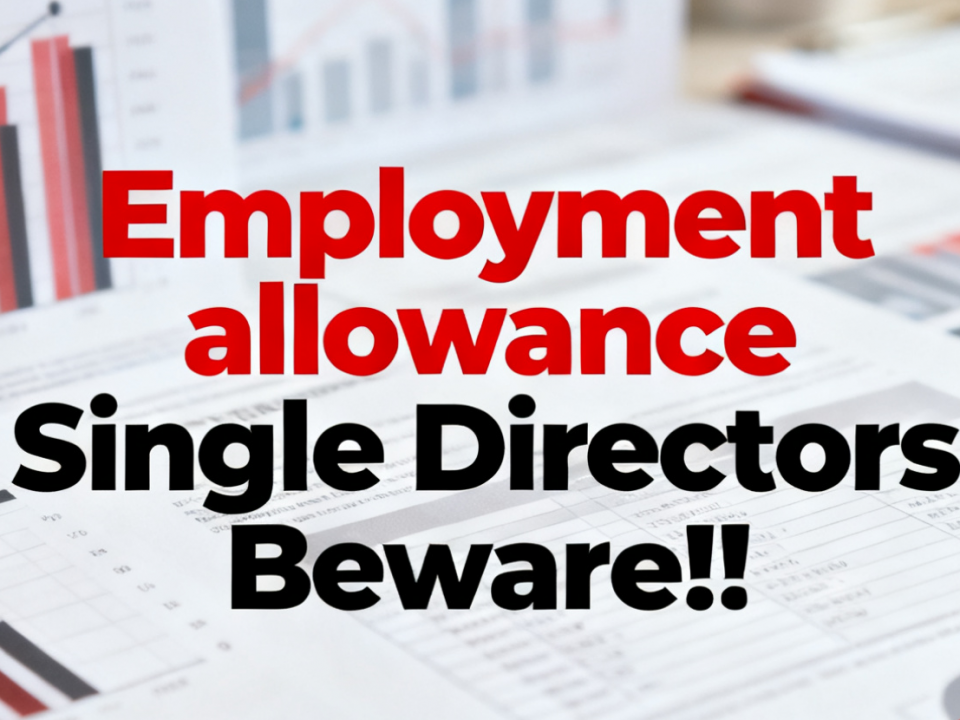Setting Up a Property Investment Company? Don’t Miss This Key Step!
November 10, 2024Working from Home Expenses for Limited Companies: What You Need to Know
November 22, 2024The Construction Industry Scheme (CIS) is a tax deduction system created by HMRC to manage tax payments for subcontractors in the construction industry. Under CIS, contractors must deduct a portion of payments to subcontractors and forward it to HMRC. However, subcontractors can apply for gross payment status, allowing them to receive full payments without deductions. This guide explains how to apply and the benefits of gross payment status.
What Is CIS Gross Status?
Gross payment status allows subcontractors to receive full payments from contractors without tax deductions at source. Typically, contractors deduct:
- 20% for registered subcontractors.
- 30% for unregistered subcontractors.
With gross payment status, you manage your own tax and National Insurance payments through your annual tax return.
Benefits of Gross Payment Status
- Improved Cash Flow: Receive payments in full, providing more liquidity for your business.
- Control Over Finances: Plan and pay taxes strategically for better financial forecasting.
- Increased Credibility: Demonstrates financial stability and tax compliance to contractors and clients.
Eligibility for Gross Payment Status
To qualify, you must meet the following conditions:
1. Business Test
You must:
- Be involved in construction work.
- Operate as a sole trader, limited company, or partnership.
- Conduct your business in the UK.
2. Turnover Test
Your business must meet minimum turnover thresholds, excluding VAT and material costs:
- £30,000 for sole traders.
- £30,000 for each partner (in a partnership) or director (in a limited company).
- Alternatively, a company or partnership must have a total turnover of at least £100,000.
3. Compliance Test
You must have a good tax compliance record, including:
- Submitting all tax returns on time.
- Paying taxes (e.g., Corporation Tax, PAYE, VAT) promptly.
- Staying current with CIS deductions and filings if you also employ subcontractors.
How to Apply for CIS Gross Status
Step 1: Register for CIS
You must register your business under CIS before applying for gross payment status.
- Online: Register via the HMRC.
- By Phone: Call the CIS helpline at 0300 200 3210.
Step 2: Apply for Gross Payment Status
Once registered, apply via:
- Online: Log in to your HMRC account and navigate to the CIS section. Follow the prompts to apply for gross payment status.
- By Post: Complete a CIS301 form and send it to HMRC.
Step 3: HMRC Review
HMRC will review your application to ensure you meet the eligibility criteria. This process may take several weeks and includes checks on your tax history and financial records.
Step 4: Approval or Rejection
- Approved: You’ll receive gross payment status and begin receiving full payments.
- Rejected: HMRC will provide reasons for rejection. You can appeal or reapply after resolving any issues.
Maintaining Gross Payment Status
Gross payment status is reviewed annually by HMRC. To retain it, ensure you:
- Submit all tax returns on time.
- Pay taxes promptly.
- Keep accurate and up-to-date business records.
Non-compliance may result in losing gross payment status.
Conclusion
Gross payment status under CIS offers significant advantages, such as enhanced cash flow and financial flexibility. By meeting the eligibility criteria and maintaining compliance with HMRC, you can manage your tax responsibilities independently and enjoy these benefits.
For more information, get in touch
![]() 0333 880 8600
0333 880 8600
![]() Tax@taxesdoneright.co.uk
Tax@taxesdoneright.co.uk



